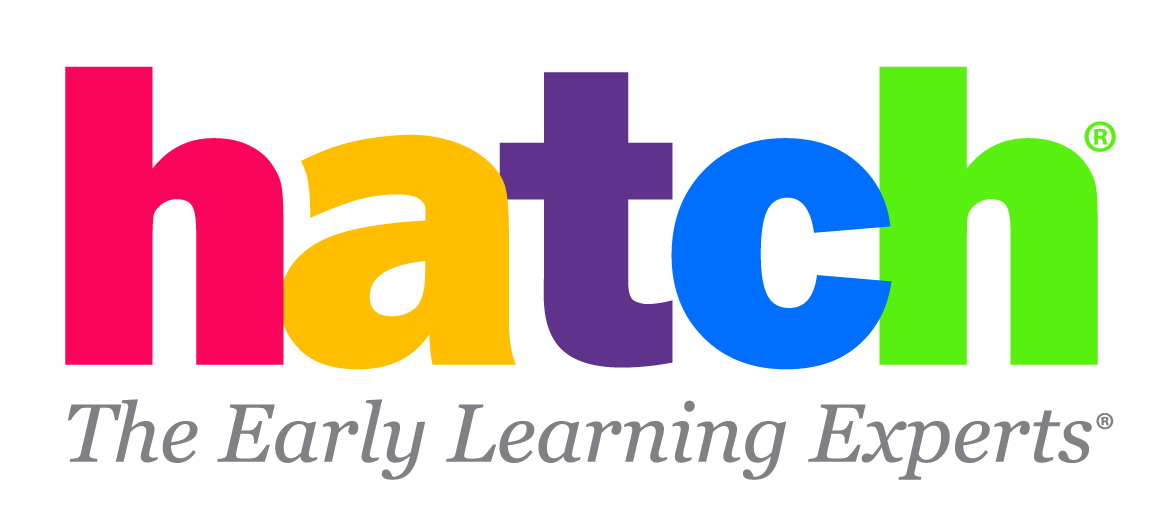-
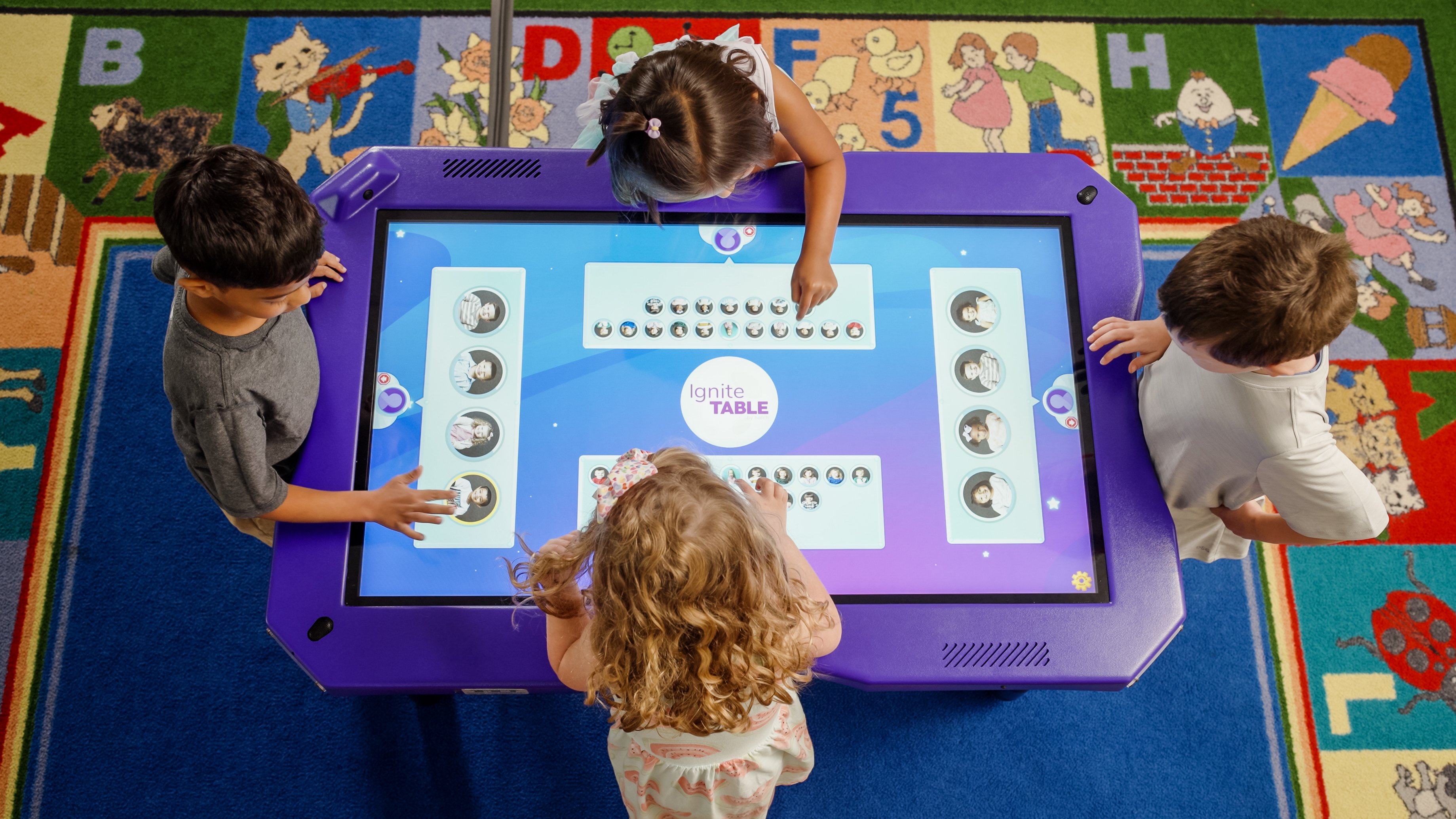
A classroom perspective on leveraging technology to effectively support social development goals and develop life skills for students with special needs. Developing social skills is just as important as academic growth for students with special needs. Skills such as turn-taking, teamwork, and effective communication are essential for navigating everyday interactions. However, teaching these skills can be particularly challenging for students with communication, sensory processing, or social engagement needs. -

Do more to improve your score - With Ignite by Hatch™! Newly released scores from the National Assessment of Educational Progress, often referred to as the Nation’s Report Card, show that fourth graders have lost ground in reading and Math— not just compared with the status quo of 2019, but also the most recent round of the exam, which was conducted during the heart of the pandemic. -
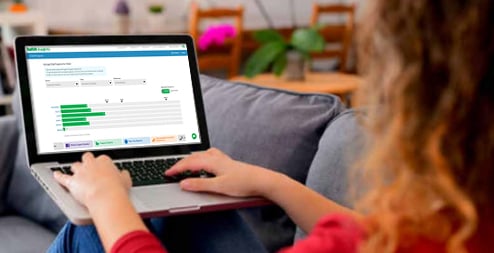
At Hatch Early Learning, we believe assessment is a compass that guides each child’s learning journey (Rymanowicz, 2024). However, assessment in early childhood classrooms can be challenging due to the complexity and variability of young children’s development (Ackerman & Coley, 2012). This is where formative assessment proves especially valuable, as it involves continuously gathering information about what children know and can do, then using that information to guide instruction (Riley-Ayers, 2018). Research shows that effective use of formative assessment can double learning rates (Black & Wiliam, 2018). -
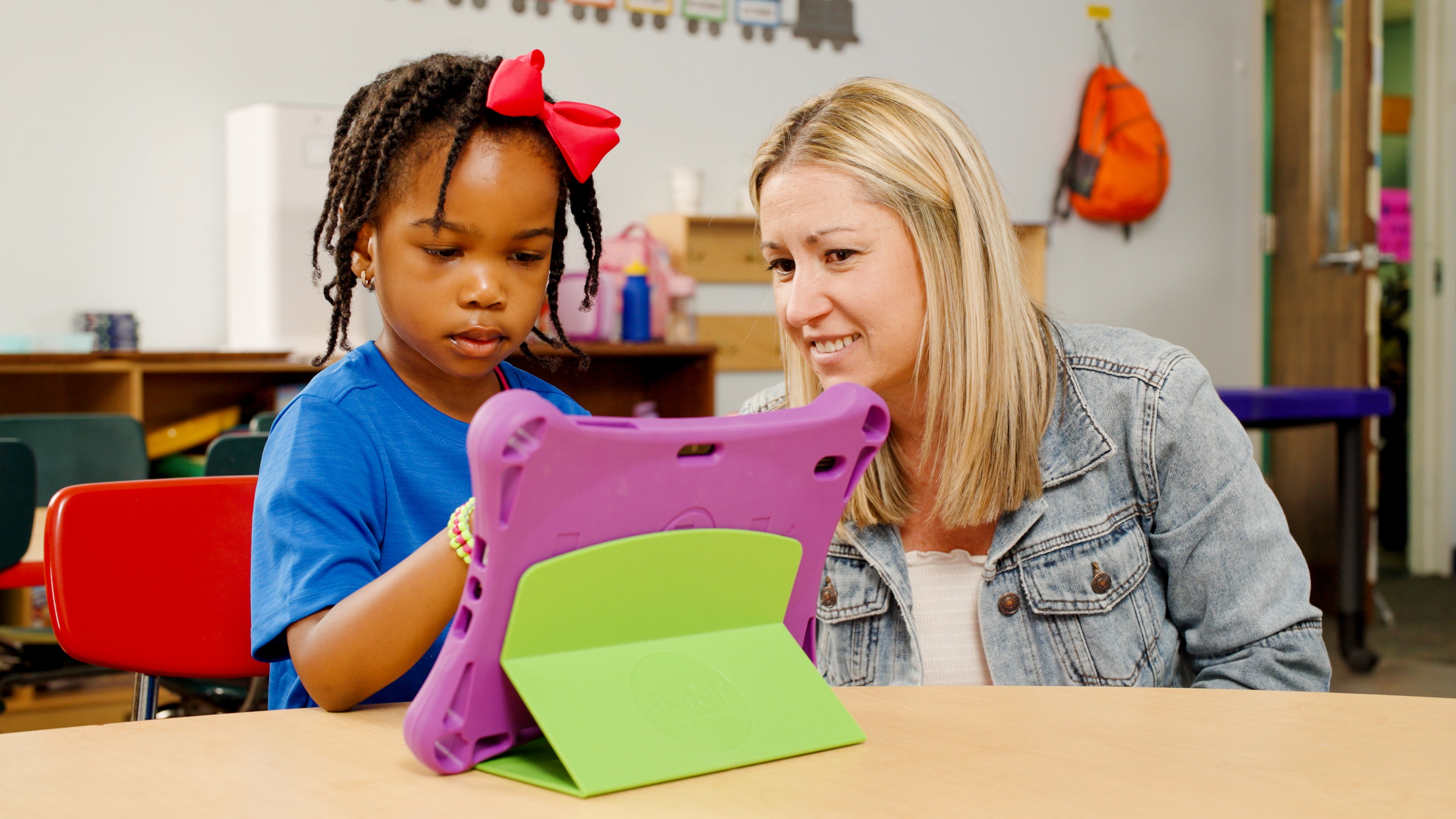
In the early years of a child’s life, building literacy skills is critical for long-term success. We sat down with Dr. Angela M. Wiseman, Associate Professor of Literacy Education at North Carolina State University, to discuss the importance of early literacy and how Hatch Early Learning’s Ignite by Hatch™ platform is designed to support children’s literacy development. -

With the increasing emphasis on the importance of adopting evidence-based, Science of Reading aligned materials to support literacy instruction, it is important for educational leaders to consider the five pillars of literacy and how they are addressed throughout the vast expanse of programs available. -
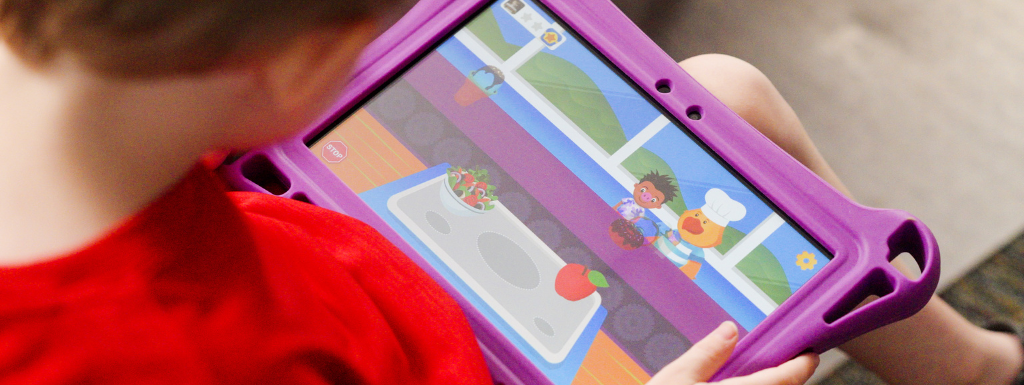
Educators are acutely aware that children start the school year with a wide range of knowledge and skills. One child’s struggle can be another child’s strength, which makes it challenging to tailor instruction while responding to each child’s unique needs. In response to these challenges, there have been calls to support children with different skill sets through personalized learning (Sokolowski & Ansari, 2018). Personalized learning involves creating unique learning experiences tailored to each child's needs (Dumont & Ready, 2023). -
In today's fast-paced educational landscape, finding tools that blend engaging learning experiences with evidence-based methodologies is paramount. Ignite by Hatch™ and Key Foundations by Hatch™ are two powerful resources designed to support educators and students alike. These solutions not only foster foundational literacy skills but also ensure that children are ready for the next stages of their academic journey. -
In the realm of education, the relationship between school administrators and teachers is crucial for creating a thriving learning environment. However, this relationship can sometimes be strained due to differing perspectives, goals, and responsibilities. One powerful strategy to bridge this gap and foster a more cohesive school community is collaborative reflection. By engaging in reflective practices together, administrators and teachers can enhance mutual understanding, improve communication, and work towards common goals. -
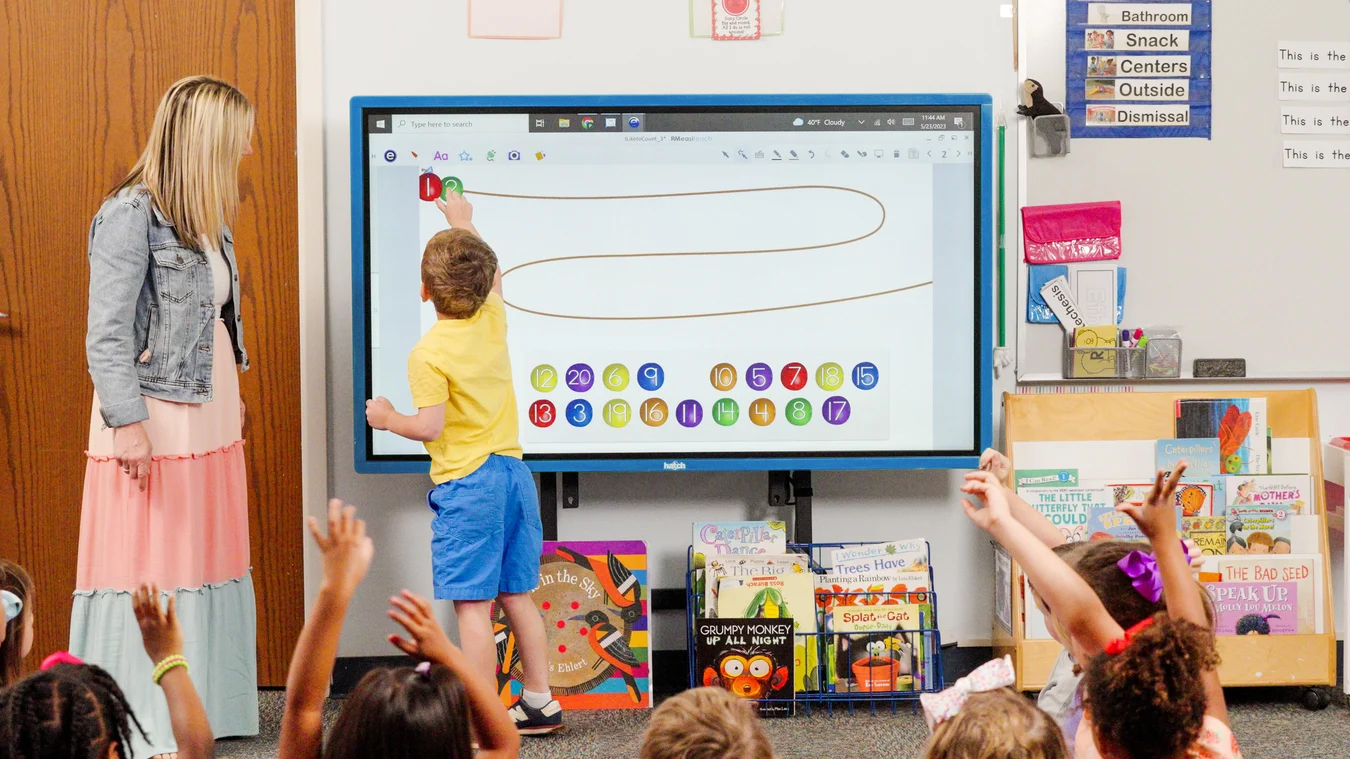
Welcome to the dawn of a new era in early childhood education with IgnitePanel by Hatch™. Designed to revolutionize the way educators engage and inspire young learners, IgnitePanel is more than just an interactive solution – it's a catalyst for transformation in the classroom. Let's delve deeper into how IgnitePanel is reshaping the landscape of early childhood education: -

Almost everyone you know can share a story about a teacher that went above and beyond to make an impact on their life. Teachers give their all daily to help children learn and become successful. Some teachers, however, go above and beyond, choosing to work with populations that need more attention than the average student. Andrew Donnelly is one of those educators. -

When the school year winds down and summer approaches, early childhood educators and administrators have a unique opportunity to foster a love for reading and support foundational literacy skills in young children. One innovative way to achieve this is by encouraging families to start a summer book club with their little ones. -
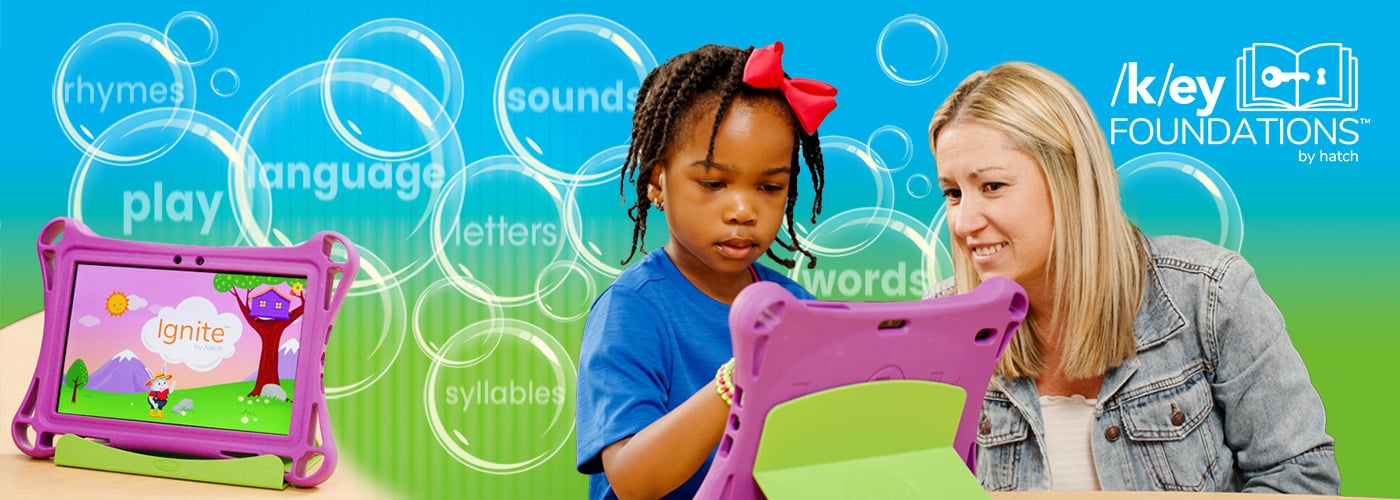
Fostering key literacy skills is important for laying a strong foundation for a child's future academic success. As educators, it's crucial to understand the key elements of literacy instruction to ensure that learners not only learn to read but also learn how to comprehend, analyze, and engage with written words. Seven key early literacy skills that set children up for literacy success are listening, oral language, vocabulary, phonological and phonemic awareness, phonics, fluency, and comprehension. -
.jpg)
As you welcome children back into your classrooms, remember that Hatch™ solutions are the perfect tools to provide engaging transitions back to learning! Your Hatch Insights™ dashboard will give you real-time data that shows which skills may need some reinforcement after an extended break. Keep reading for even more valuable tips, exciting updates, and much more! -
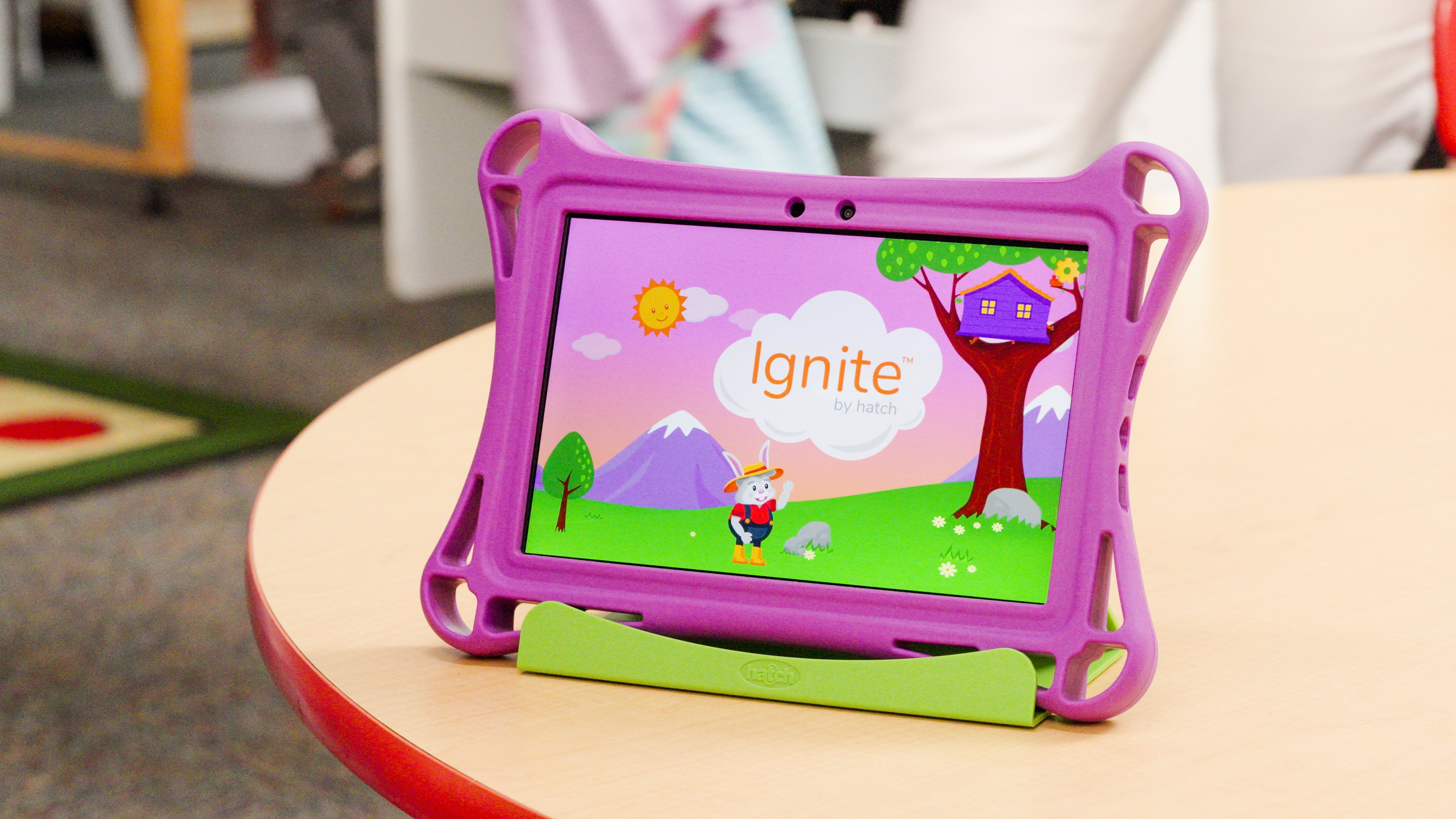
A key to fostering kindergarten readiness in children hinges on supporting children’s learning both in the preschool classroom and at home (Galindo & Sheldon, 2012). At Hatch Early Learning, we understand the important connection between home and school for children’s early learning. Therefore, Ignite by Hatch™ is built to support children’s learning at school while seamlessly connecting that learning to their homes. -

Season's greetings from the Hatch team! Don't forget that families and caregivers can continue their fun and educational journey with Ignite by Hatch™ right from the comfort of their own homes. Keep reading for even more Hatch tips and updates! -

Summer is a season filled with excitement and fun adventures, but it also brings the challenge of the dreaded "summer slide," when students can lose some of the knowledge and skills they worked so hard to gain during the school year (Quinn & Polikoff, 2017). For the third summer in a row, pre-K students in the Georgia Department of Early Care and Learning (DECAL) Summer Transition Program kept the learning going throughout the sunny months, in part by using Ignite by Hatch™. Ignite is a digital learning tool for young learners that is designed, based on research from the learning sciences, to support kindergarten readiness (Hatch Early Learning, 2022). When children engage with Ignite, they practice and demonstrate their understanding of standards-aligned skills across seven domains: Mathematics, Literacy, Language & Communication Development, Social and Emotional Learning, Science & Technology, Physical Development, and Social Studies. As children play in Ignite, they move through a series of eight levels of skills in each domain that become progressively more rigorous. Levels 1–3 in Ignite are aligned to the pre-foundational skills children are expected to learn in preschool. Level 4 skills are aligned with kindergarten readiness, and Levels 5–8 move into elementary-school skills. -

At this point in the year, the children in your program have completed Entry Experiences in Ignite by Hatch™ and have begun to move through Core Experiences. Don't forget, you have the ability to monitor their progress through the child skill detail report along with many other report options. Read below for helpful tips, updates, and more! -
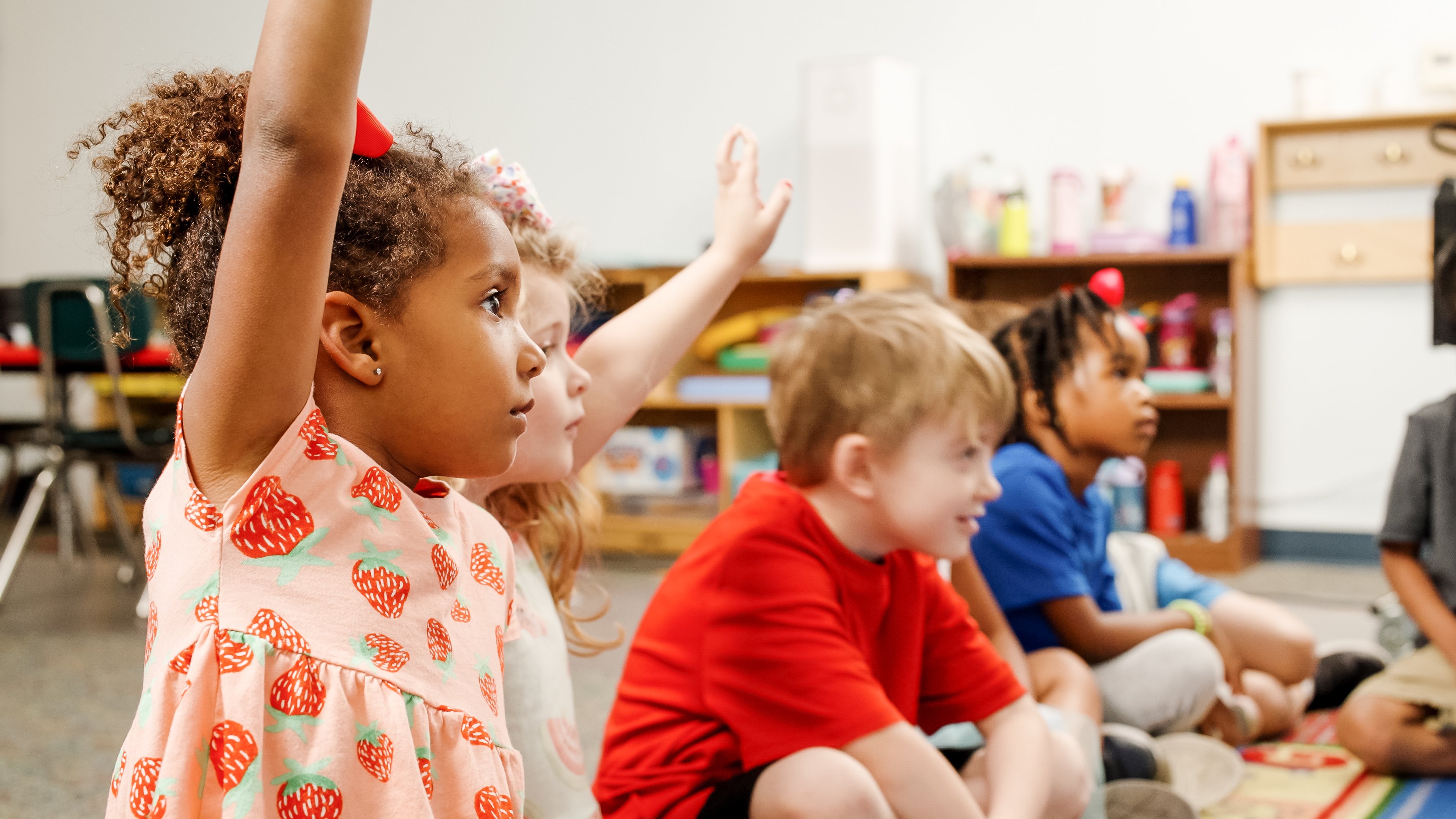
Reading is a fundamental skill that lays the groundwork for a successful academic journey and a fulfilling life. In today's fast-paced world, the ability to read proficiently is crucial for personal and academic growth. However, not all children find learning to read an easy task. The science of reading is a comprehensive approach to literacy instruction that aims to identify and address the fundamental skills necessary for reading success. At Hatch, we support the key principles of the science of reading that nurture the essential literacy blocks and their significance in fostering strong foundational language and literacy skills for children. -

In today's digital age, incorporating technology in early childhood classrooms has become increasingly common. However, not all digital learning tools are created equal. It's essential for educators to choose high-quality resources. -

In today's rapidly evolving world, where technological advancements are transforming every aspect of our lives, it is imperative to equip young learners with skills that will enable them to thrive in the future. As educators, it is essential to recognize the significance of incorporating diverse learning approaches that stimulate children's curiosity and problem-solving skills. One such approach that has gained recognition in recent years is the integration of engineering concepts and principles into early childhood curricula. -

The summer months provide children with a break from the daily schedule in the classroom. Children need time to engage in playful activities that pique their curiosity, allow for more freedom, and, especially, provide more hands-on time in the great outdoors. -

At Hatch, we believe every week should be Teacher Appreciation Week. But next week is officially Teacher Appreciation Week — so we hope you’re planning an even bigger “thank you!” for all your amazing teachers. Whether you plan on decorating classrooms or loading up on your teachers’ favorite treats, there’s no better time than Teacher Appreciation Week to show your teachers how much they mean to your learning program. -
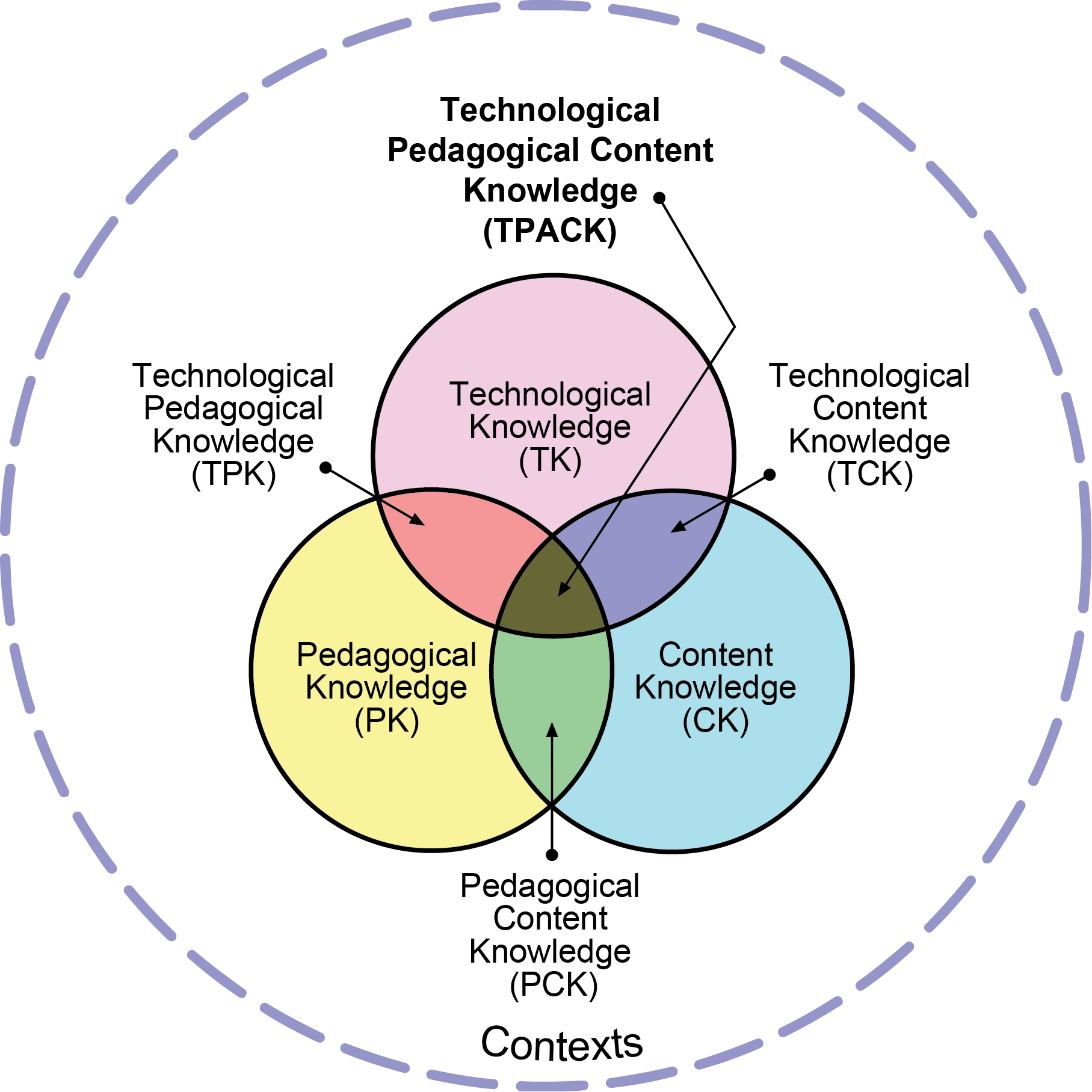
It has long been established that in the early childhood classroom, learning is best approached as playful business. And why not? The joyful practice of learning how to assemble healthy meals with pretend food, or the rhythmic expression of acting out the lifecycle of a butterfly presents the opportunity to spark excitement for even the most reluctant of learners. In fact, encouraging our youngest students to develop a lifelong love of learning must be initiated in a fun, carefree way — especially considering their minimal attention spans. Throughout the literature on early childhood education, best practices for learning through play in offline learning environments are well-substantiated. However, in our increasingly digital world, researchers are suggesting it is time we make space for innovation. -
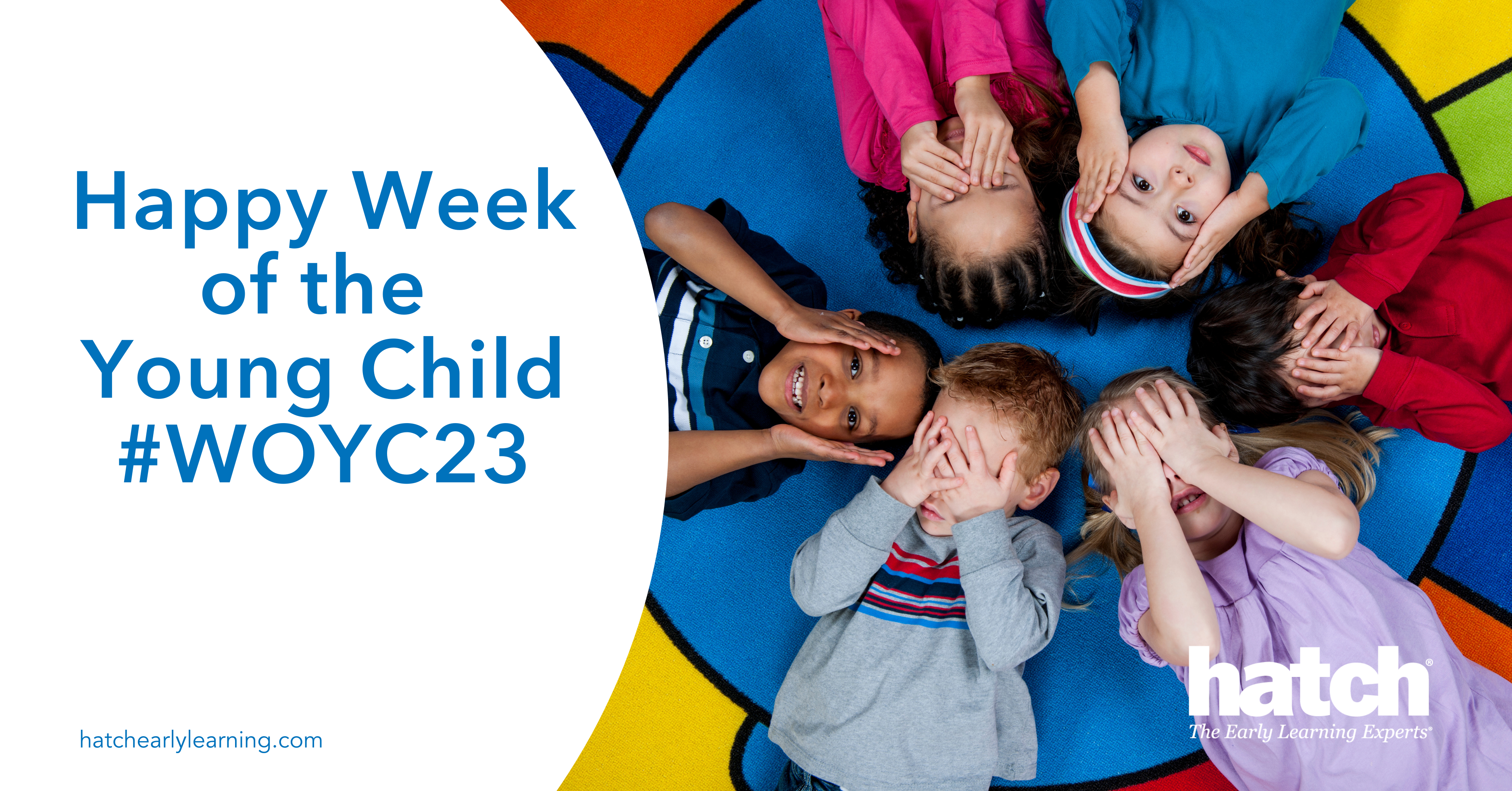
Happy Week of the Young Child! Hosted by the National Association for the Education of Young Children (NAEYC), this week is dedicated to honoring the unique needs of young children and recognizing the early learning programs that meet those needs. Hatch™ is proud to support this important initiative and help teachers and parents inspire a lifelong love for learning! -

English language learners are an important segment of the early childhood population to consider when designing supplemental instructional tools. The complexities of addressing children’s native languages within curriculum primarily designed for English-speaking students presents teachers with a challenge. However, some supplemental instructional tools can save teachers valuable time, boost confidence and overall feelings of efficacy for children attempting to learn a new language, and further unlock levels of proficiency for English language learners. -

Children love to play games, from hopscotch to Go Fish. Games are fun, engaging activities—and early childhood educators can utilize children’s love of games to help them learn. -

What a difference a summer makes! For the second summer in a row, pre-K students in Georgia utilized Ignite by Hatch™ to jump-start their learning and ignite school readiness. Ignite is a developmentally appropriate and research-backed digital learning tool for early learners. -

Early childhood leader, Kathy Hollowell-Makle cites a leading reason for her interest in early learning was the fact that time and time again, children were entering DC kindergarten classrooms “unprepared,” even though they had exposure to preschool programs. -
.png)
Data collection and analysis is inherent to teaching and learning. Whether or not educators intentionally collect data, they are constantly using information about the children in their class to inform instruction. However, how educators collect, analyze, and use that data when broken down can be formalized in a process that can lead to more powerful results for all children. Plus, at the end of the day can ultimately help save educator’s time in planning and reporting out information to families and administrators. -
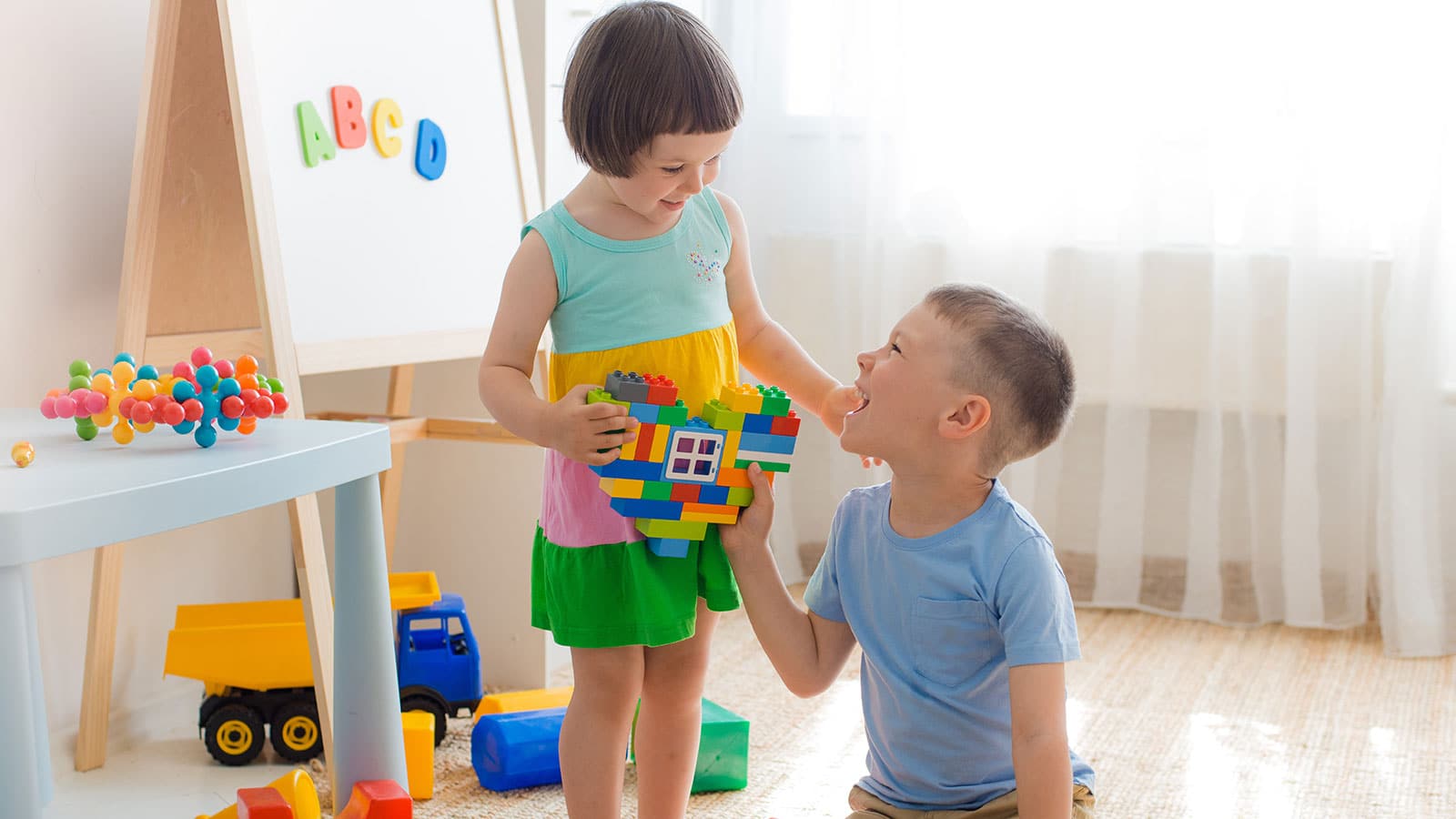
Educators continue working to close learning gaps resulting from school interruptions as they celebrate children’s growth along the way. While many learning programs have helped children make enormous strides in literacy and math, closing the gap in social-emotional learning has proven more difficult.
